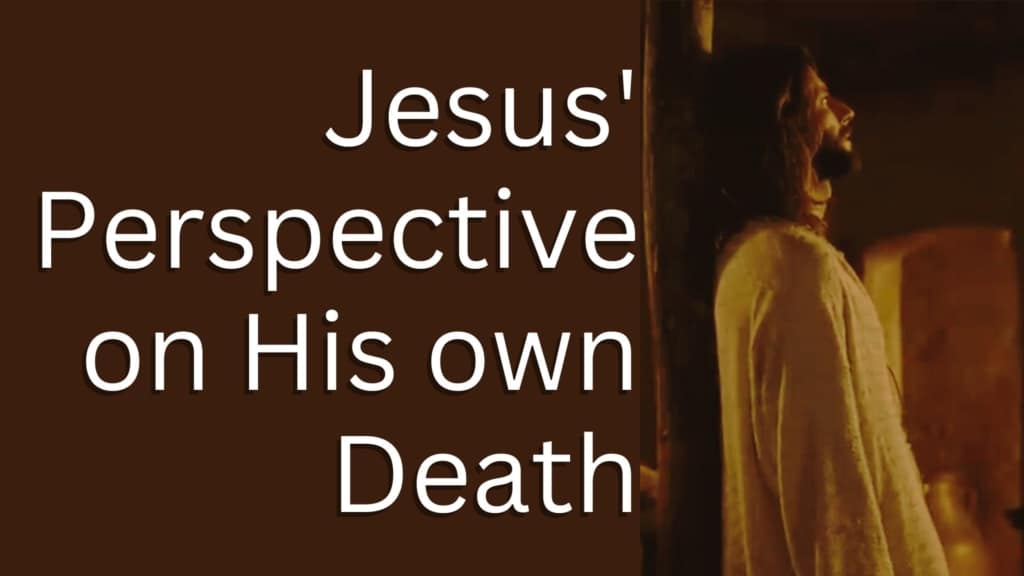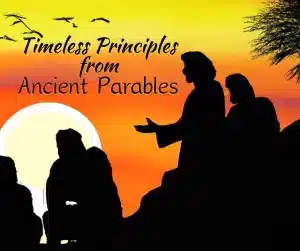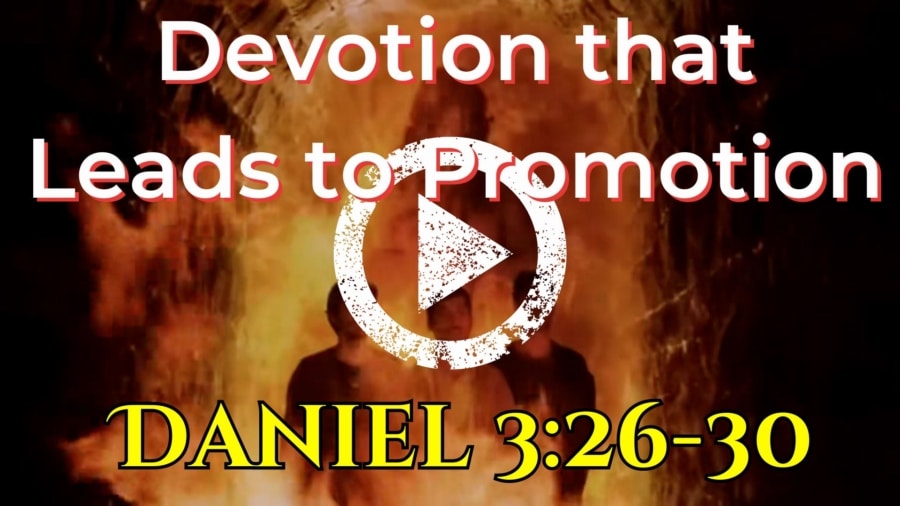- These are Written
- Believe
- Should Not Perish
- 3:16
- Never, Never
- Life, Love, Light
- Condemned by Choice
- This and That
- Seven Expressions of Love from the Cross
- Why?
- I know, I know!
- What?
- UGH!
- Expedient
- Gain Grace?
- The Gift
- The Hands of God
- Immortality
- COME UP HERE
- Not by Works of Righteousness We have Done
- Jesus’ Perspective on His own Death
- I AM
Download or order the free booklet “The Gift” here: https://basictraining.org/the-gift/
Thanks to the American Bible Society “The Gospel of John” for the video scenes.
I want to remind us of the perspective that Jesus, our Savior, had concerning His own death. Because I think it helps us appreciate it a little bit more. His death was 1) Purposeful, 2) Voluntary, 3) Joyful, and 4) Glorious.
Well, first of all, His death was purposeful. He recognized that He was going to die. John 12:27 says, “What shall I say, Father, do not let this hour come upon me. But that is why I came.”
The purpose of his death was also voluntary. It was a voluntary or volitional outpouring of His love, and it showed full and true submission to God, the Father. Romans 5:8, “for God demonstrates his love towards us in that while we were yet sinners, Christ died for us.” In the garden, Jesus said three times to the Father, “not My will, but Your will be done.” In John 10:17-18 Jesus said, “The Father loves me because I’m willing to give up My life in order that I may receive it back again. No one takes My life away from Me. I give it up of My own free will. I have the right to give it up and I have the right to take it back.This is what my father has commanded me to do.”
His death was purposeful. His death was voluntary. His death was also joyful. Hebrews 12:2 says, “Who, for the joy set before Him, endured the cross, despising the shame, and He sat down at the right hand of the throne of God.” Jesus was fully aware of the pain and the suffering that He would face at the cross, but He had his eyes on the joy, and that joy was purchasing our eternal destiny.
And then finally, Jesus considered death as the path to glory. In John 12:23 He said those words, “The hour has come for the Son of Man to receive great glory.” And this is an amazing verse to me because this is shortly before the passion week. This is shortly before He would go through all of that suffering, the betrayal, the arrest, the scourging, the piercing of his hands and feet, the crown of thorns on his head, and the gathering up the sins of the world that pierced His heart. He didn’t say the time has come for the Son of Man to be tortured and tormented and suffer for the sins of the world. No, He said, “the hour has come for the Son of Man to be glorified.” He ignored the suffering and kept his eyes on the glory. And if we can grasp the truth of that verse, it would totally change our perspective of the sufferings in our life.
So this is His perspective of His own death. He was born to die.
Gene Cunningham - January 20, 2003
A Faith That Endures #8

Conference notes for this series can be found [HERE]
Scripture References: James 1:23, Hebrews 10:10-11, James 1:2-4, James 3:14-16, James 5:13-20, James 1:21-22, John 5:13-17, James 3:18, Hebrews 10:6-7, James 3:1, James 5:7-11, James 5:9, Matthew 16:25-26, James 3:13, Hebrews 9:26-28, James 2:14-20, James 5:7-20, James 4:11, James 5:19-20, James 2:13, Galatians 5:1-3, James 2:12, Hebrews 10:16-18, James 4:2, James 5:17-18, James 2:1-4, Hebrews 6:1-6, James 2:1-4, Hebrews 10:26, James 5:13-20, James 3:1-7, James 5:15-16, James 1:27, James 1:26, Hebrews 10:25-31, James 5:7-8, James 4:7-10, James 5:14, James 1:25












